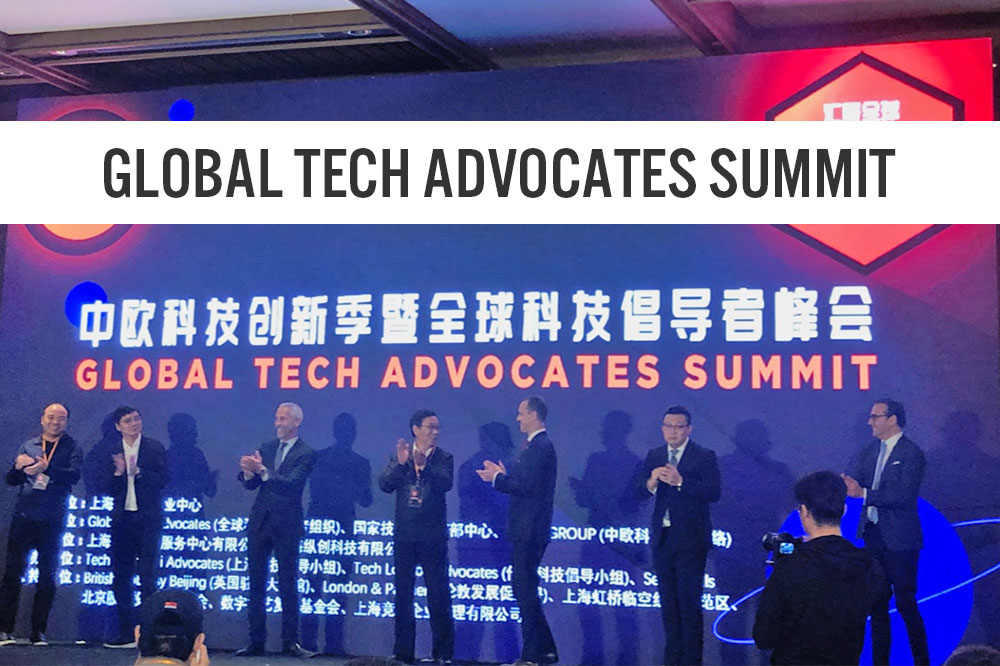
DIpil Das
Organized by Tech London Advocates (TLA), the inaugural annual Global Tech Advocates Summit was held in Shanghai on October 15, 2019. TLA hopes that the event will foster collaboration among its “tech hubs”—TLA’s sibling organizations in 16 regions around the world.
In this report, we summarize some of the key insights from panel discussions.
Companies Should Trust AI and Machine Learning To Improve Performance
According to McKinsey & Company, about 50% of current work activities could be automated just by adapting existing technology—which means that AI could replace manual labor, causing job losses. However, Carola Wahl, Advisor at Innogy Innovation Hub, explained that while automation may eliminate many manual processes, the new era of AI will also create new job opportunities that require different skill sets.
She added that enterprises should trust in AI and machines to provide key operational benefits, such as speeding up processing time and improving business performance. For example, retailers can leverage AI algorithms to better meet consumer needs by launching automated and personalized conversions across online, texting and social media channels. At the same time, companies should encourage employees to adopt a “growth mindset” and help them to become more adaptable by providing training in new skills and encouraging innovative ideas. Governments should also provide support to help people learn new skills.
AI Will Play an Increasingly Important Role in B2B Business
Zhang Fan, cofounder of Chinese industrial tech media company Equal Ocean, used the term “industrial Internet” to describe the implementation of AI in traditional industries such as manufacturing. He offered the following examples of industrial Internet practices:
- Alibaba’s smart cities initiative aims to transform the impact of technology on society. The company’s AI-powered platform helps city transportation authorities gather data such as the number of vehicles on the road, and leverage data analytics to better manage traffic flow, for example.
- Tech giant Baidu has developed an AI-operated self-driving platform called Apollo. The company formed a partnership with car manufacturer Toyota to equip its cars with Apollo AI software. Baidu is also working with another automotive company, Zhejiang Geely Holding Group, on AI applications such as voice assist, augmented realty and motion detection.
- Tencent is promoting AI in healthcare through its Miying platform for hospitals, which uses AI-powered medical image-reading technology for health screening applications.